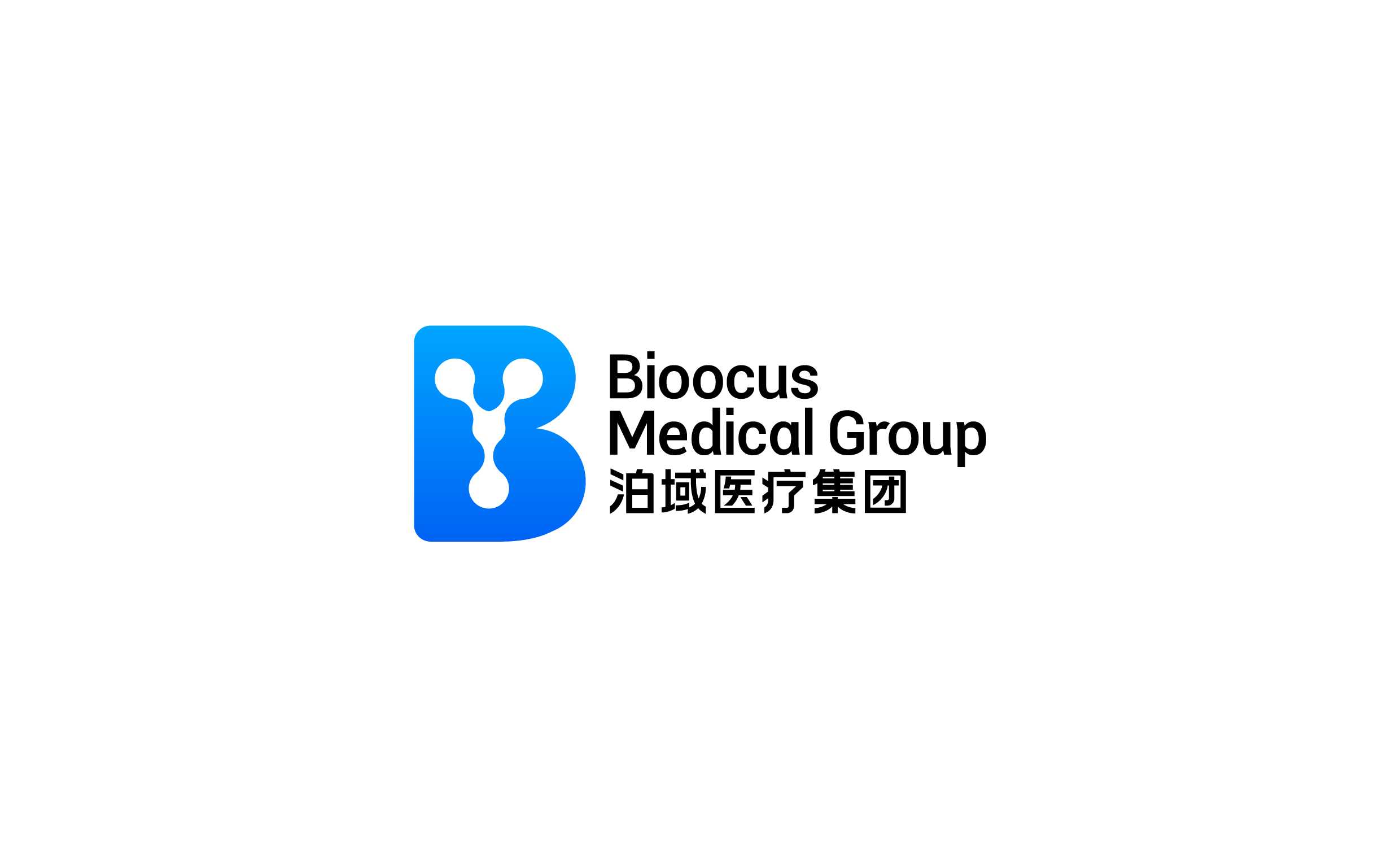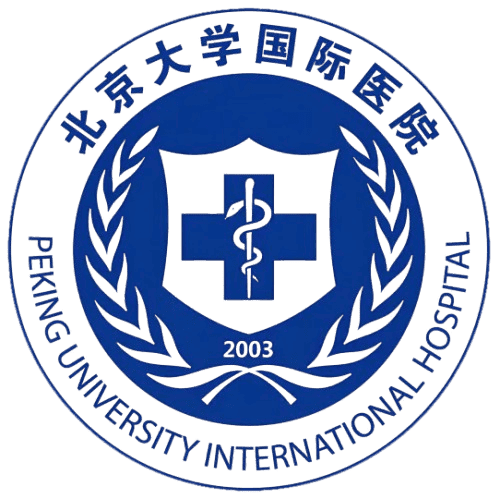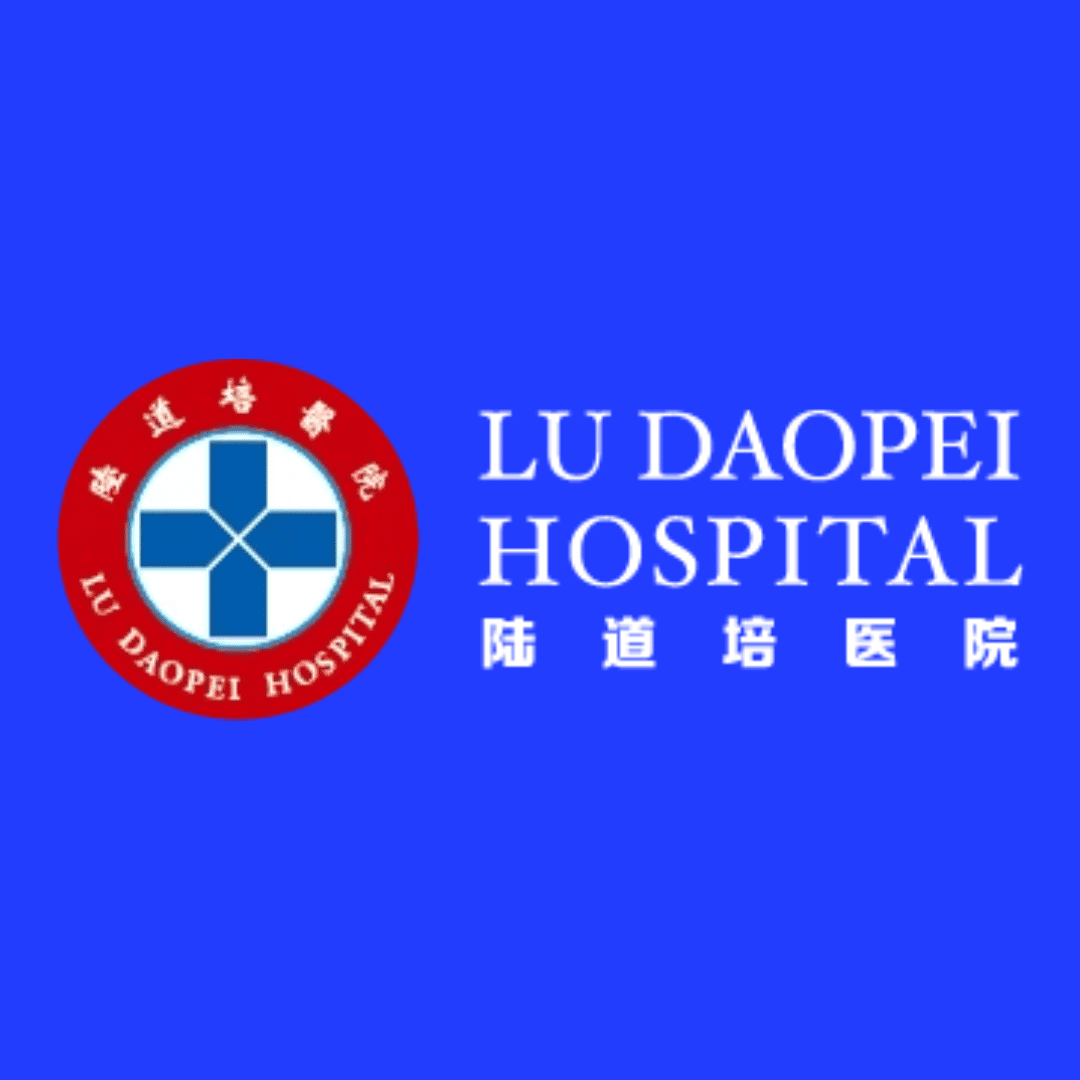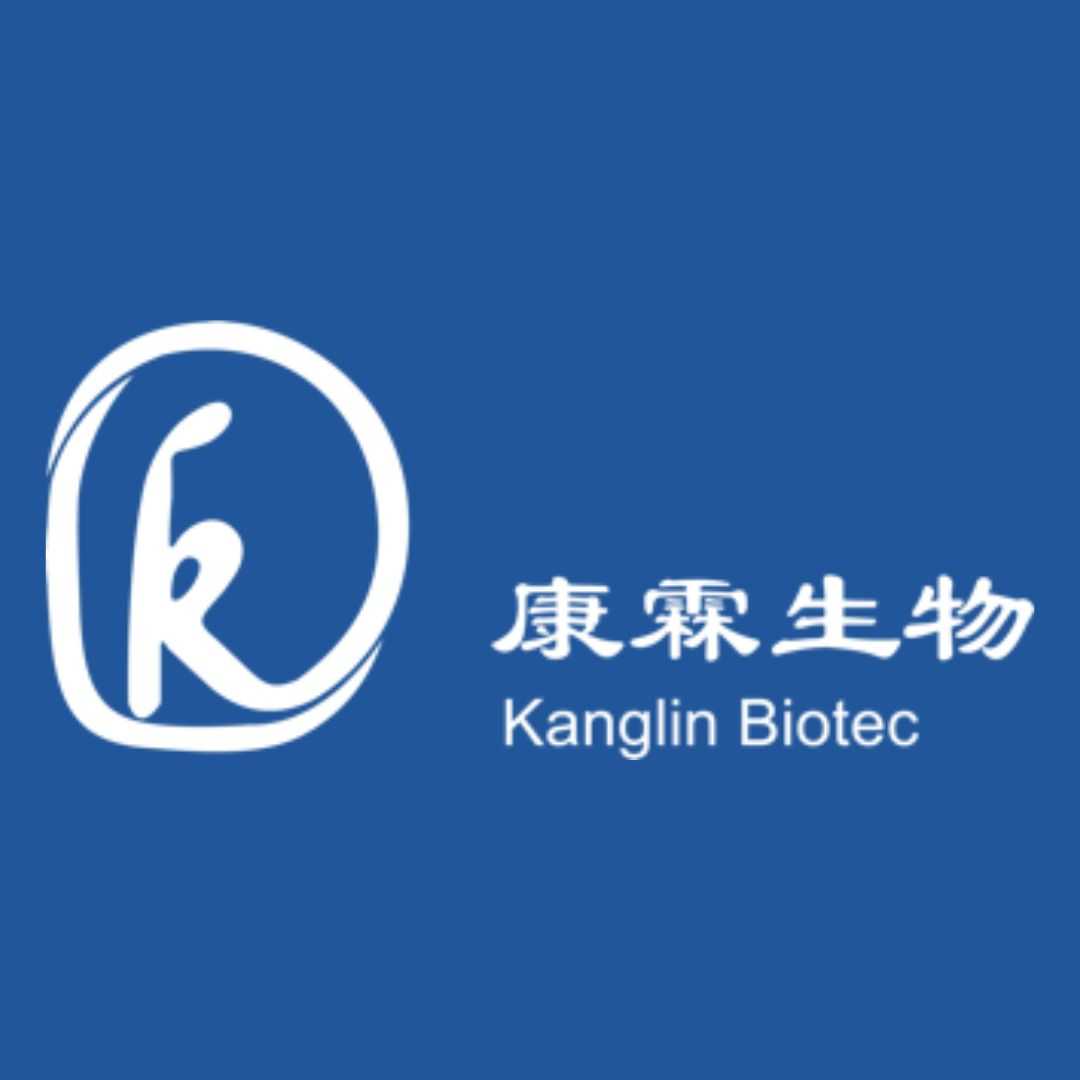Current Availability of CAR-T Therapy for NHL in China
.jpg)
Welcome to an in-depth exploration of CAR-T therapy for Non-Hodgkin Lymphoma (NHL) in China. If you or a loved one are navigating treatment options for this challenging cancer, you’re likely searching for the most cutting-edge and effective solutions available worldwide.
One of the most significant breakthroughs in recent oncology is Chimeric Antigen Receptor (CAR) T-cell therapy, a revolutionary form of immunotherapy that harnesses the body's own immune cells to fight cancer.
China has emerged as a major player in the global CAR-T landscape, not only in research and clinical trials but also in bringing approved therapies to patients. This blog post aims to answer your most pressing questions about CAR-T therapy for NHL in China, covering everything from its approval status and effectiveness to costs and accessibility for international patients.
We understand the importance of clear, accurate, and trustworthy information when making critical healthcare decisions, and we're here to provide an expert perspective on this life-changing treatment.
Is CAR-T Therapy for Non-Hodgkin Lymphoma Approved in China?
China has made significant strides in the approval and availability of CAR-T cell therapies. The NMPA has granted marketing authorization to several CAR-T products for Non-Hodgkin Lymphoma, particularly for relapsed or refractory diffuse large B-cell lymphoma (DLBCL), a common subtype of NHL.
These approvals underscore China's commitment to advancing innovative cancer treatments and making them accessible to patients within the country and, increasingly, to those seeking treatment from abroad.
The first CAR-T therapy approved in China was Axicabtagene Ciloleucel (Axi-cel), developed by Fosun Kite, a joint venture between Fosun Pharma and Kite Pharma (Gilead Sciences).
This was closely followed by the approval of Relmacabtagene Autoleucel (Relma-cel), developed by JW Therapeutics, a joint venture between WuXi AppTec and Juno Therapeutics (Bristol Myers Squibb). These approvals have opened new doors for patients who have exhausted traditional treatment options, offering hope and significantly improved outcomes.
What Specific CAR-T Therapies are Approved in China for NHL?
These two prominent CAR-T therapies, Axi-cel and Relma-cel, have become cornerstones in the treatment of relapsed or refractory DLBCL in China. They operate by genetically engineering a patient's own T-cells to express a chimeric antigen receptor that specifically recognizes and binds to the CD19 protein found on lymphoma cells, leading to their destruction.
- Axicabtagene Ciloleucel (Axi-cel): Approved for adult patients with relapsed or refractory large B-cell lymphoma after two or more lines of systemic therapy. It was initially approved in the US and Europe and subsequently by the NMPA in China.
- Relmacabtagene Autoleucel (Relma-cel): Approved for adult patients with relapsed or refractory large B-cell lymphoma after two or more lines of systemic therapy. Relma-cel is notable as it was developed specifically for the Chinese market, demonstrating local innovation and expertise.
Beyond these, China also has a robust pipeline of other CAR-T therapies undergoing clinical trials, exploring different targets and indications, indicating a dynamic and evolving treatment landscape.
How Effective is CAR-T Therapy for Non-Hodgkin Lymphoma?
The effectiveness of CAR-T therapy for Non-Hodgkin Lymphoma, particularly DLBCL, has been a game-changer. Clinical trials have shown impressive response rates, with a significant number of patients achieving complete remission, meaning all signs of cancer disappear.
For patients who have undergone multiple rounds of chemotherapy and other treatments without success, CAR-T therapy offers a new chance at long-term remission or even a cure.
While results can vary among individuals, studies have consistently reported durable responses. For example, in trials leading to the approval of Axi-cel and Relma-cel, complete response rates were often observed in the range of 50-60% or higher, with many patients maintaining remission for several years.
This sustained response is crucial, as it indicates a potential for a cure rather than just temporary control of the disease. The clinical data from Chinese trials largely mirrors the positive outcomes seen in international studies, reinforcing the therapy's global efficacy.
What are the Eligibility Criteria for CAR-T Therapy in China?
The eligibility criteria for CAR-T therapy are stringent to ensure patient safety and maximize the chances of a successful outcome. Doctors assess several factors before recommending this advanced treatment. Key criteria include:
- Diagnosis: Confirmed diagnosis of specific types of Non-Hodgkin Lymphoma, most commonly relapsed or refractory DLBCL, primary mediastinal large B-cell lymphoma, or high-grade B-cell lymphoma, with CD19 expression on cancer cells.
- Prior Treatment Failure: Patients must have failed at least two previous lines of systemic therapy, such as chemotherapy and radiation, indicating the advanced and resistant nature of their disease.
- Overall Health: Good general health, including adequate organ function (heart, lung, kidney, liver), and a suitable performance status (e.g., ECOG score of 0 or 1). Patients must be able to withstand the potential side effects of the therapy.
- No Active Infections or Autoimmune Diseases: Patients should not have severe active infections or uncontrolled autoimmune conditions.
- Age: While there isn't a strict upper age limit, the patient's overall health and ability to tolerate treatment are more critical than their chronological age.
A comprehensive evaluation by an experienced CAR-T treatment team is essential to determine suitability.
What are the Potential Side Effects of CAR-T Therapy?
While CAR-T therapy offers remarkable benefits, it can also lead to serious side effects due to the powerful immune response it generates. The most common and well-known side effects include:
- Cytokine Release Syndrome (CRS): This is an inflammatory response that occurs when CAR-T cells release large amounts of cytokines into the bloodstream. Symptoms can range from mild (fever, fatigue, headache, muscle aches) to severe (hypotension, hypoxia, organ dysfunction). It typically occurs within the first two weeks post-infusion.
- Immune Effector Cell-Associated Neurotoxicity Syndrome (ICANS): Neurological side effects can include confusion, language difficulties, tremors, seizures, and even cerebral edema in severe cases. These symptoms usually appear after CRS has resolved or simultaneously.
- Other Side Effects: These can include low blood counts (cytopenias), infections, hypogammaglobulinemia (low levels of antibodies, increasing infection risk), and tumor lysis syndrome.
Chinese hospitals offering CAR-T therapy are equipped with specialized intensive care units and multidisciplinary teams, including oncologists, neurologists, and critical care specialists, to monitor and manage these potential complications effectively. Management strategies often involve medications like tocilizumab (for CRS) and corticosteroids (for CRS and ICANS).
How Much Does CAR-T Therapy Cost in China for NHL?
The high cost of CAR-T therapy is a global challenge, reflecting the complexity of its manufacturing and personalized nature. In China, while still substantial, the cost can be more accessible compared to regions like the United States or Europe, where prices often exceed $400,000 to $500,000 USD for the therapy itself, excluding hospitalization and supportive care.
The total cost in China encompasses various components:
- CAR-T Product Cost: The price of the manufactured CAR-T cells.
- Hospitalization and Infusion: Costs associated with the initial hospital stay, including monitoring in specialized units (e.g., ICU), and the infusion procedure.
- Pre-conditioning Chemotherapy: The chemotherapy administered before CAR-T infusion to prepare the body.
- Supportive Care and Management of Side Effects: Medications, tests, and care required to manage potential complications like CRS or ICANS.
For Chinese citizens, some local CAR-T products are becoming eligible for partial coverage under certain provincial health insurance schemes or commercial plans, gradually improving accessibility. However, for international patients, the cost is generally out-of-pocket, making it crucial to get a detailed cost estimate from the chosen medical center.
Is Medical Tourism for CAR-T Therapy for NHL Common in China?
China is rapidly gaining recognition as a destination for medical tourism, particularly for cutting-edge treatments like CAR-T therapy. Patients from various parts of Asia, and even some from Western countries, are considering China for several reasons. The primary drivers include:
- Cost-Effectiveness: As mentioned, the overall cost of CAR-T therapy in China can be significantly lower than in many Western nations, making it a more feasible option for those without robust insurance coverage.
- Accessibility: For patients in regions where approved CAR-T therapies are not yet available or where wait times are long, China offers timely access.
- Advanced Research and Development: China is a global leader in CAR-T clinical trials, offering access to innovative therapies that may not be available elsewhere. Many Chinese hospitals have world-class facilities and highly skilled medical professionals.
While still developing, the infrastructure to support international patients is growing, with specialized international patient departments in major hospitals and medical tourism facilitators playing a key role.
How Can International Patients Access CAR-T Therapy in China?
Accessing advanced medical treatments in a foreign country requires careful planning. For CAR-T therapy in China, the process for international patients typically involves several steps:
- Initial Inquiry and Medical Records Submission: Patients or their families contact a hospital's international patient department or a medical tourism facilitator. They will need to provide detailed medical records, including diagnosis, previous treatments, and pathology reports, usually translated into English or Chinese.
- Medical Review and Eligibility Assessment: A team of specialists at the Chinese hospital will review the submitted records to determine if the patient meets the eligibility criteria for CAR-T therapy. This may involve virtual consultations.
- Treatment Plan and Cost Estimate: If deemed eligible, the hospital will provide a proposed treatment plan, including the specific CAR-T product, duration of stay, and a comprehensive cost estimate.
- Travel and Visa Arrangements: Patients will need to arrange for a medical visa to China. Medical tourism facilitators can often assist with this process, as well as travel and accommodation.
- Treatment and Follow-up: Upon arrival, patients undergo further assessments before CAR-T cell collection (leukapheresis), manufacturing, pre-conditioning chemotherapy, infusion, and post-infusion monitoring. Follow-up care is then arranged, which may involve returning home or continued monitoring in China.
Working with a reputable medical tourism facilitator can streamline this complex process, ensuring all logistical and medical needs are met.
What Support Services are Available for International Patients Seeking CAR-T in China?
Recognizing the unique needs of international patients, leading Chinese medical centers and specialized agencies have developed robust support systems. These services are designed to alleviate the stress of seeking treatment abroad and ensure a comfortable and effective experience:
- Language and Interpretation Services: Access to medical interpreters who can facilitate communication between patients, families, and medical staff is crucial. Many hospitals have dedicated international patient departments with English-speaking coordinators.
- Visa and Travel Assistance: Help with obtaining medical visas, booking flights, and arranging local transportation (airport transfers, hospital transport).
- Accommodation: Assistance with finding suitable accommodation near the hospital for patients and accompanying family members, ranging from hotels to serviced apartments.
- Medical Record Management: Support with translating and organizing medical documents, ensuring all necessary information is readily available to the medical team.
- Patient Advocacy and Navigation: A dedicated point of contact to guide patients through the entire treatment journey, answer questions, and address concerns.
- Post-Treatment Care Coordination: Assistance with arranging follow-up appointments and communicating with the patient's local healthcare providers for ongoing care.
These services are vital for ensuring a seamless experience, allowing patients to focus on their recovery.
What is the Future Outlook for CAR-T Therapy in China?
China is at the forefront of CAR-T therapy innovation, and its future trajectory looks bright. The landscape is continually evolving with several key trends:
- Expanded Indications: Research is actively exploring the use of CAR-T therapy for other types of Non-Hodgkin Lymphoma, such as follicular lymphoma and mantle cell lymphoma, as well as solid tumors, which are currently more challenging to treat with CAR-T.
- Next-Generation CAR-T Cells: Scientists are working on developing CAR-T cells with enhanced persistence, reduced toxicity, and improved efficacy. This includes "off-the-shelf" allogeneic CAR-T cells (derived from healthy donors), which could reduce manufacturing time and cost.
- Affordability and Accessibility: Efforts are underway to drive down the cost of CAR-T therapy through local manufacturing, process optimization, and potentially incorporating more therapies into national or provincial insurance schemes.
- Increased Clinical Trial Activity: China hosts a significant number of CAR-T clinical trials globally, indicating a commitment to continuous discovery and bringing new therapies to patients faster.
- Regulatory Harmonization: As China's biopharmaceutical industry matures, there's an increasing emphasis on aligning regulatory standards with international best practices, further boosting confidence in locally developed therapies.
These advancements promise to make CAR-T therapy even more effective, safer, and widely accessible in the coming years.
What are the Long-Term Outcomes of CAR-T Therapy for NHL?
While CAR-T therapy is a relatively new treatment, data from clinical trials and real-world experience are accumulating, providing a clearer picture of its long-term impact. For patients with relapsed or refractory DLBCL, who historically had very poor prognoses, CAR-T has offered unprecedented hope.
Studies have reported that a substantial percentage of patients who achieve a complete response after CAR-T infusion can maintain this remission for several years. For instance, five-year follow-up data for therapies like Axi-cel demonstrate that many patients remain disease-free, indicating that CAR-T can offer a durable and potentially curative outcome. However, it is important to note that not all patients respond, and some may experience relapse over time.
Ongoing research continues to monitor these long-term outcomes, focusing on understanding why some patients respond better than others, how to prevent relapse, and managing potential late-onset side effects like hypogammaglobulinemia, which may require long-term immune support. The sustained remission rates seen so far underscore CAR-T therapy as a transformative option for challenging Non-Hodgkin Lymphoma cases.
If you or your loved ones are considering CAR-T therapy for Non-Hodgkin Lymphoma in China or exploring other advanced healthcare solutions globally, PlacidWay is here to help. We connect patients with world-class medical providers and facilitate seamless medical tourism experiences. Explore PlacidWay for your healthcare journey today.


.png)
.png)





Share this listing